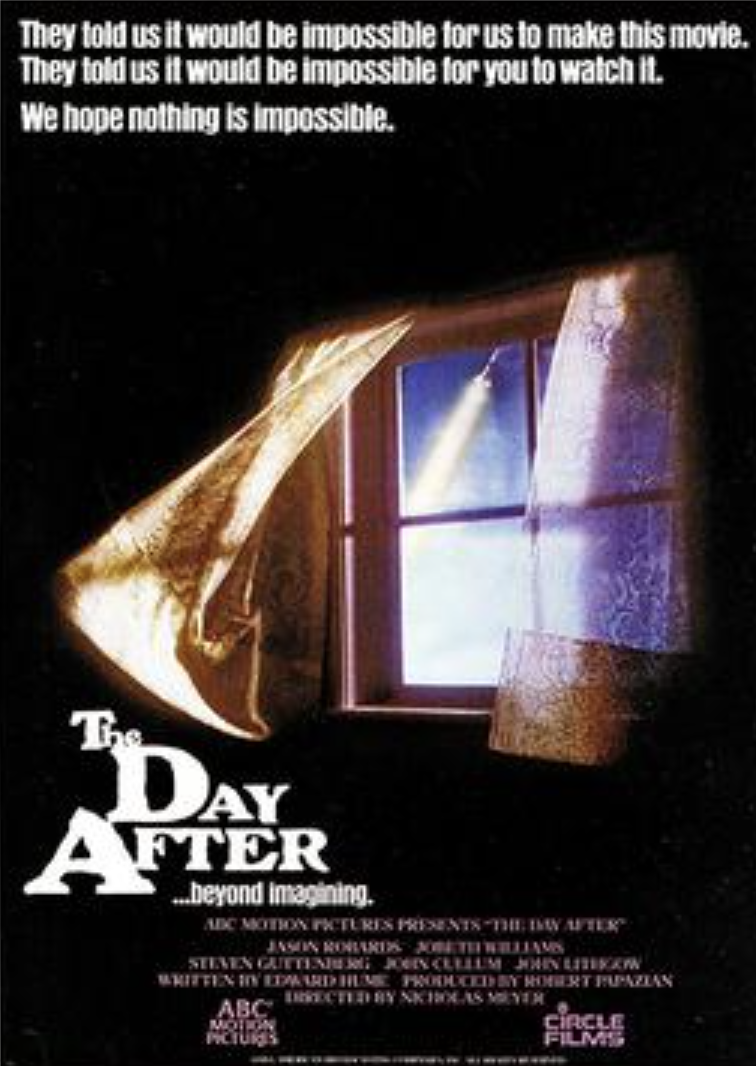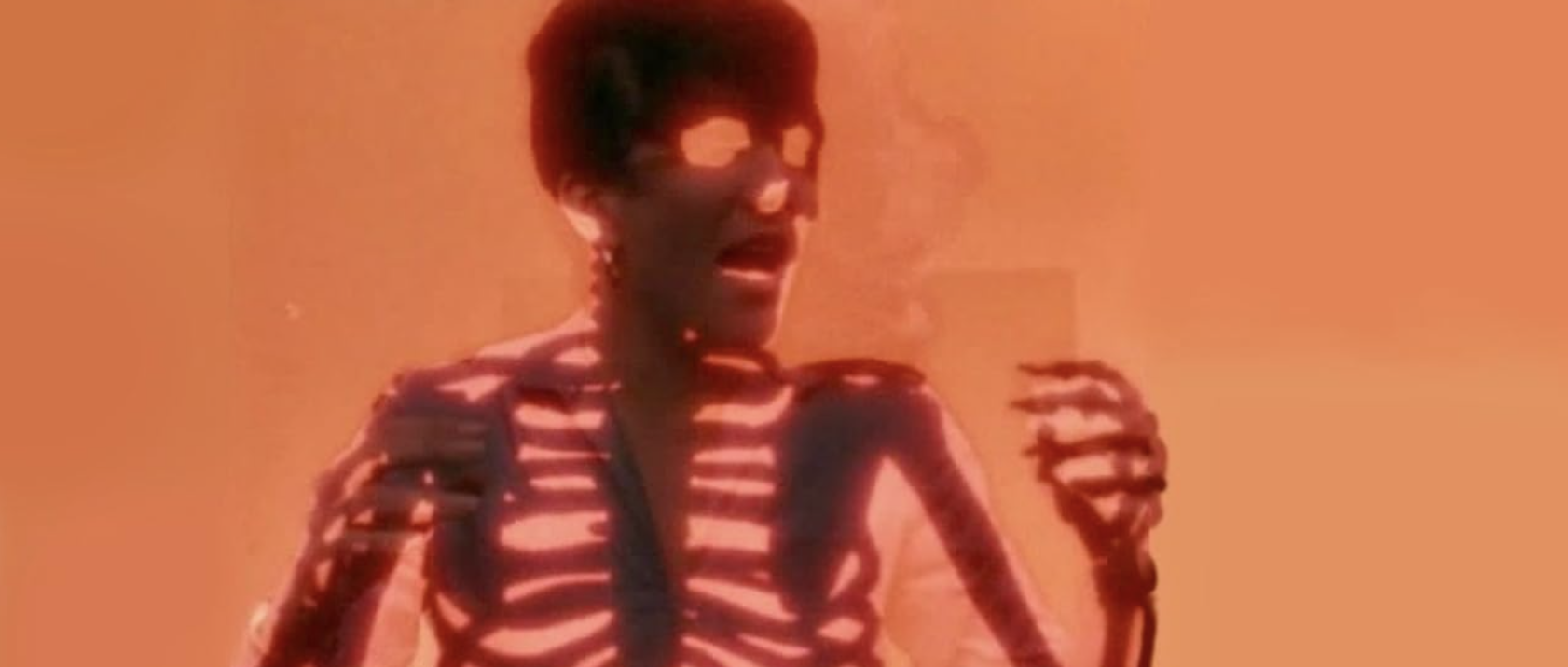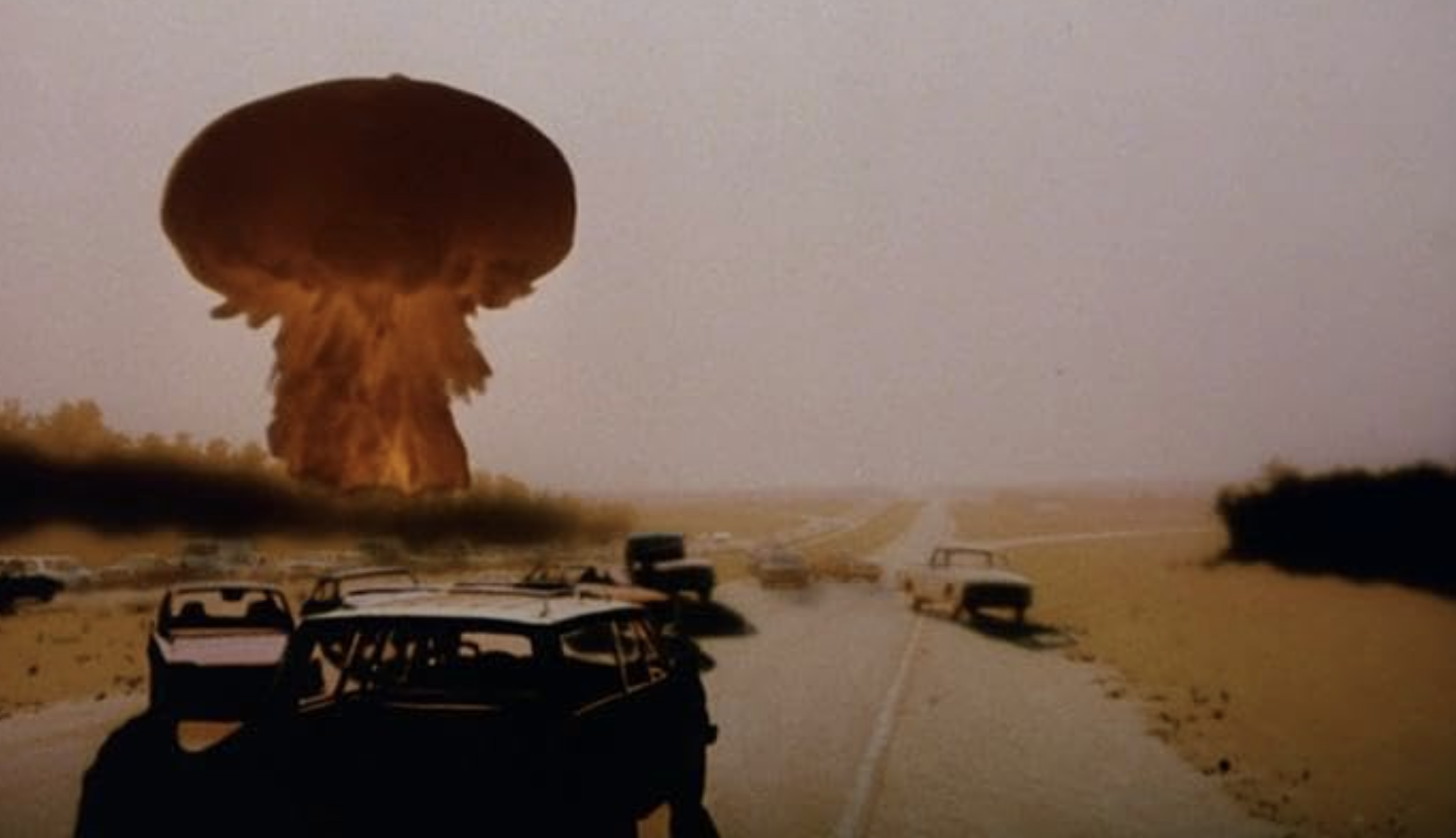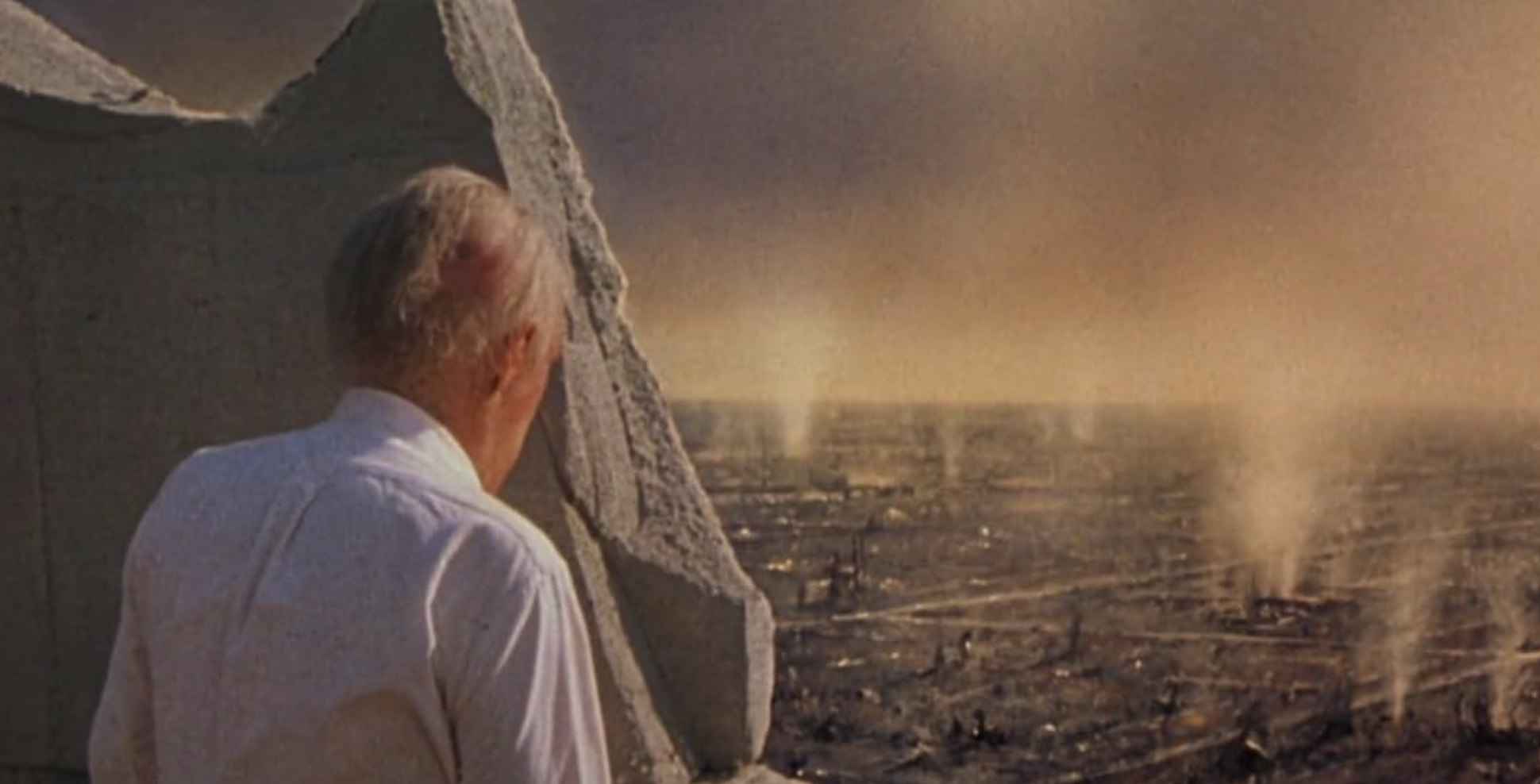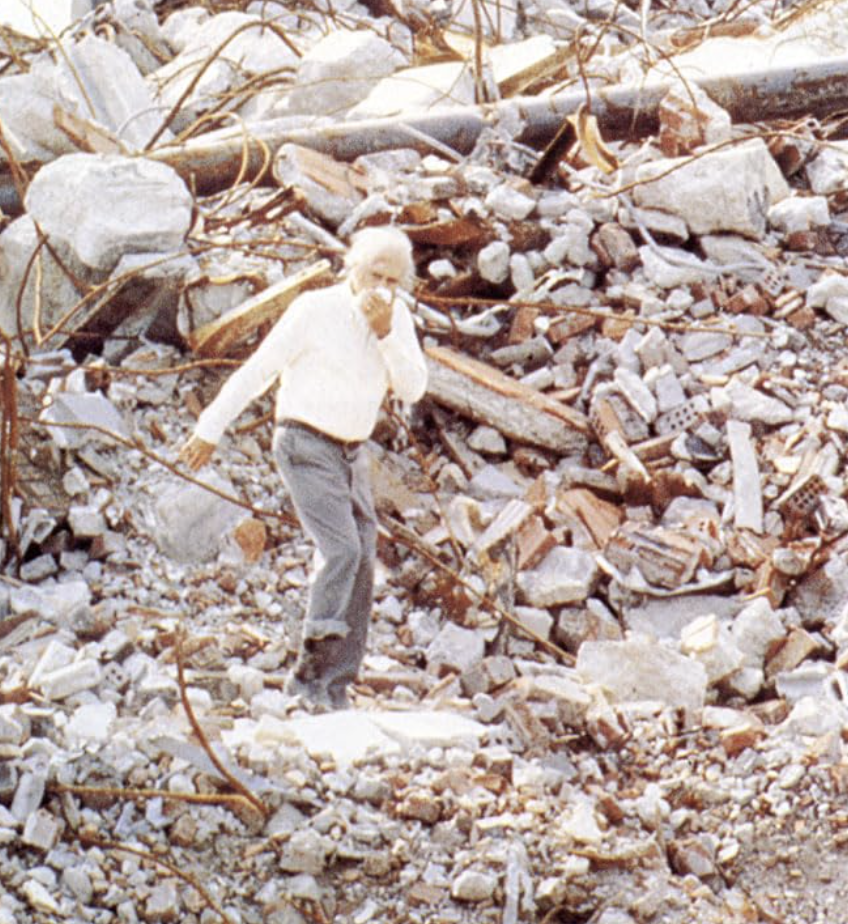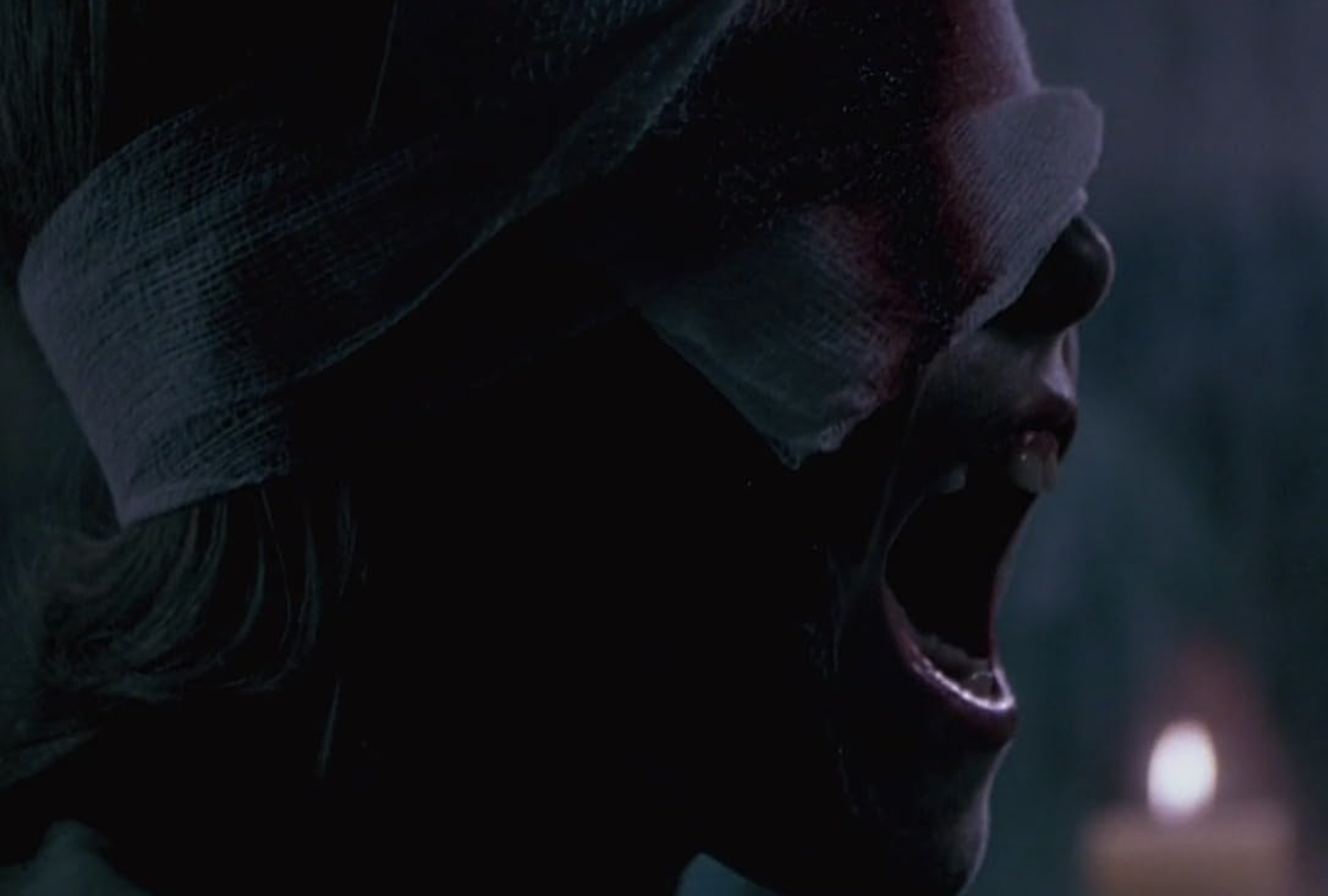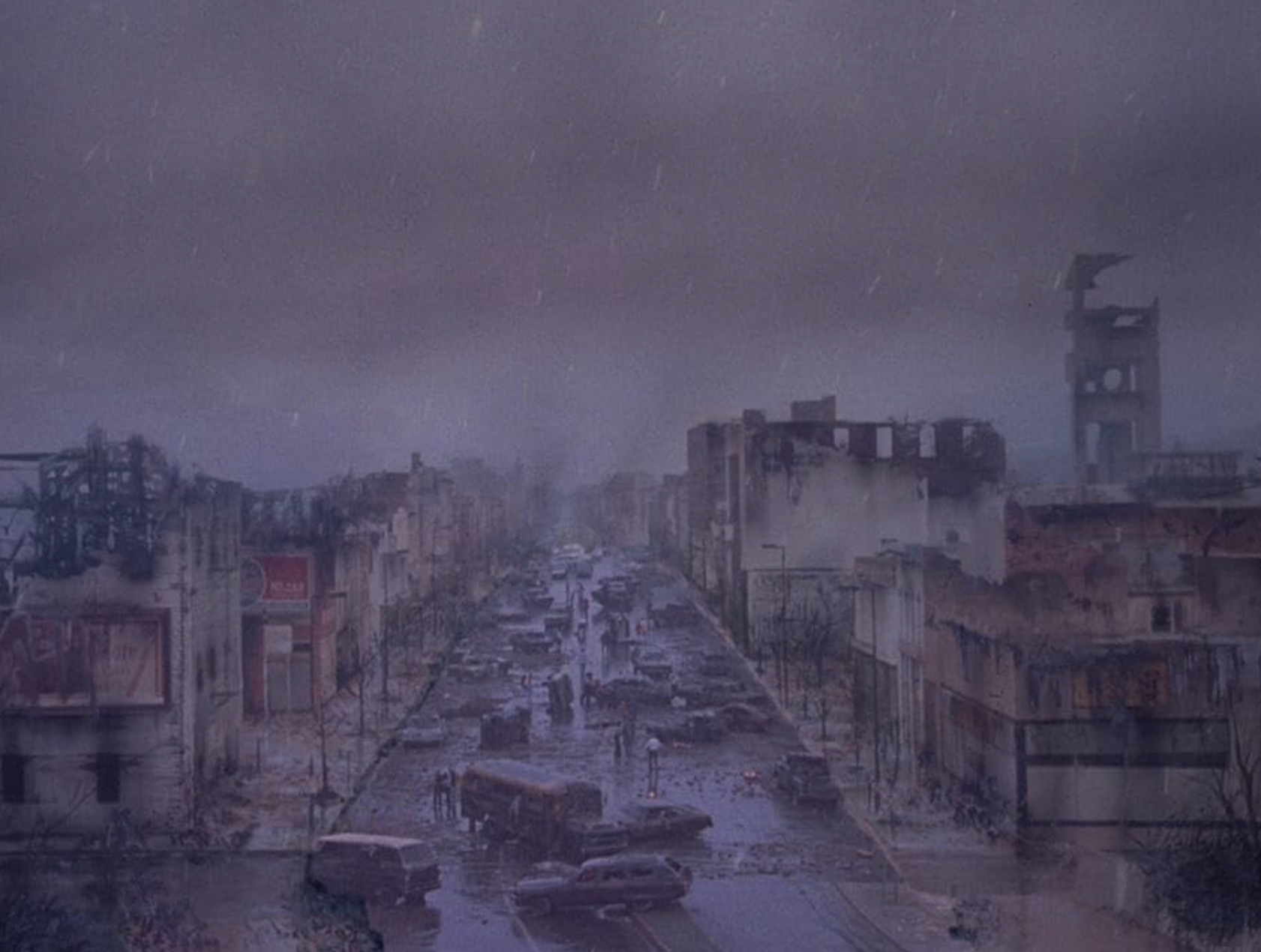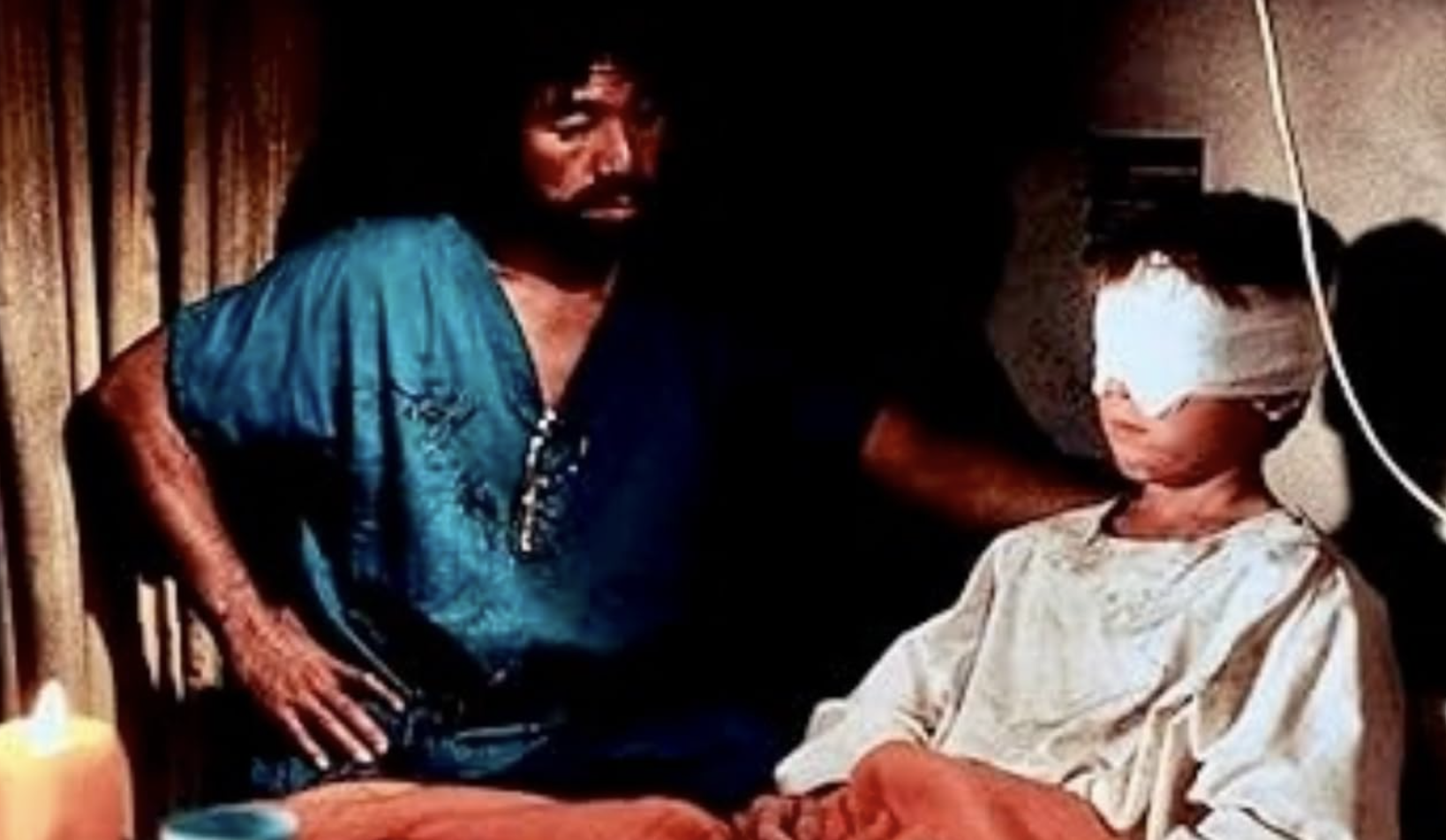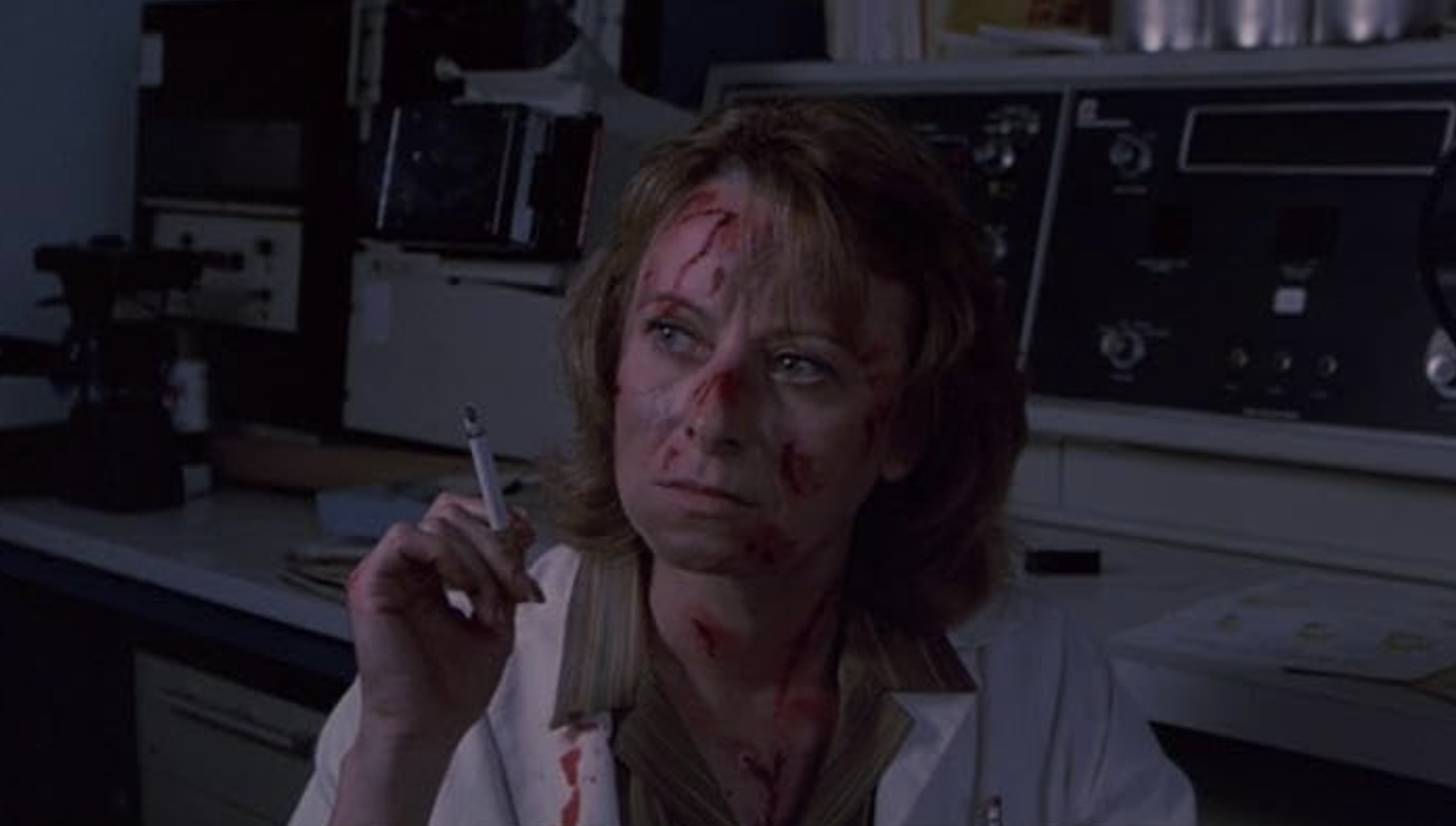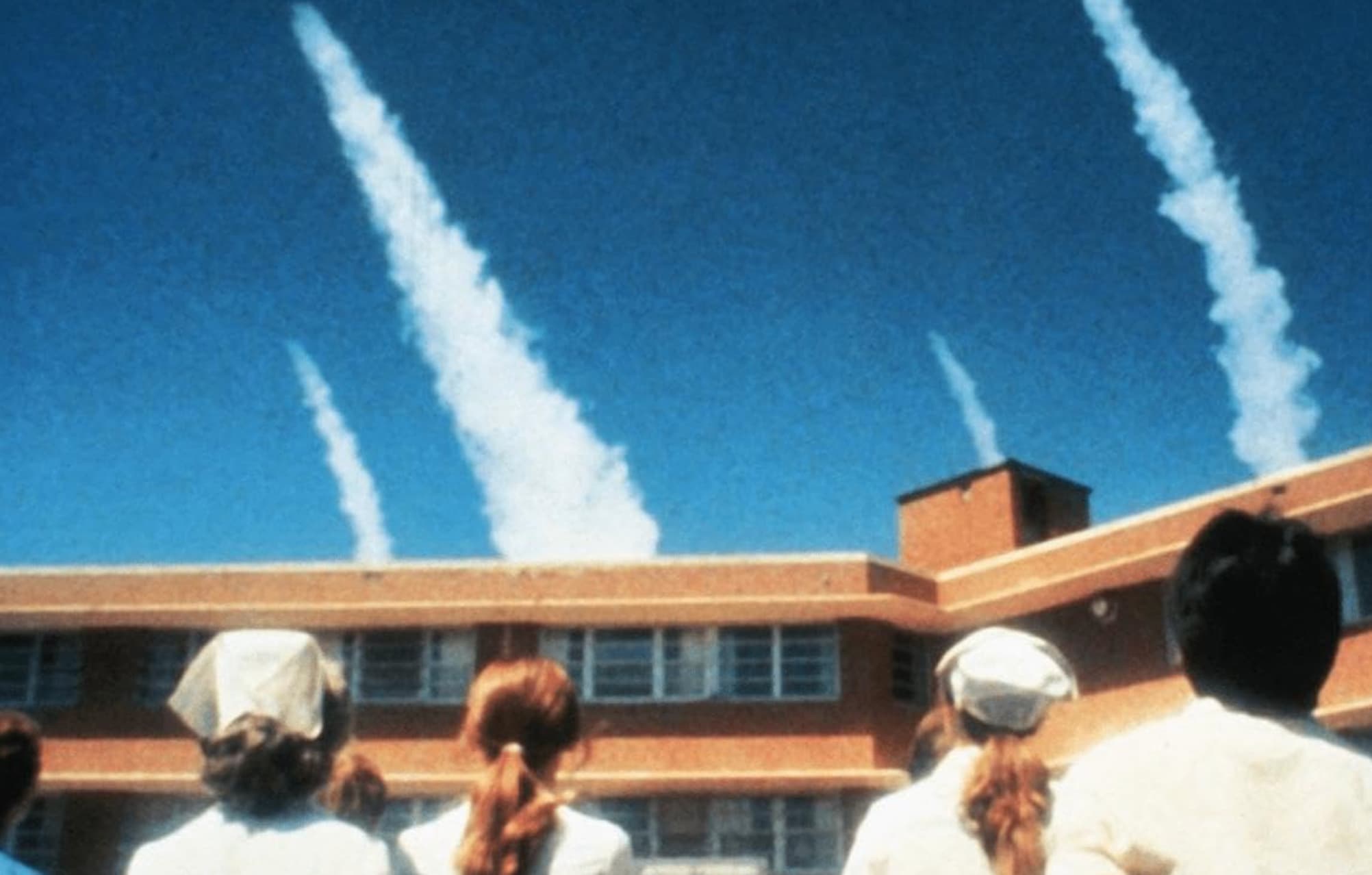10 Pics Remembering The 1980s Nuclear War Network TV Movie No Kid Have Should Seen
A whole lot happened before 'The Day After'
Published 5 months ago in Creepy
Though a nuclear attack was the last thing anyone wanted to envision during the height of the Cold War, 'The Day After' decided to go where neither Soviet nor American had before. Portraying a realistic depiction of nuclear war, the film was as controversial as it was impactful, not only attracting roughly 100 million viewers, but also making its way to the screens of some of the world's top policy makers.
From the script's origins to Ronald Reagan's diary entry, here are 10 pics remembering 'The Day After.'
2
Nuclear Tipoff
‘The Day After’ started as the brainchild of ABC executive Brandon Stoddard. Inspired by ‘The China Syndrome,’ Stoddard tapped fellow ABC higher-up Stu Samuels to write the script. He named his work’ The Day After,’ a tribute to the film’s themes of ongoing disaster following a nuclear strike.
3
Constant Controversy
From its inception, ‘The Day After’ proved controversial, with several expressing concerns about realistically portraying nuclear war onscreen. With a team of expert SFX artists, producers asked Nicholas Meyer to direct — the third potential director they approached. Despite his worries about potential network censorship of the film’s gruesome subject matter, Meyer signed onto the project.
4
Early Woes
As Meyer began delving into the gory details of what a nuclear war would look like stateside — a venture that allegedly made him sick every evening after clocking out — he often found himself at odds with not only ABC censors, but also with the Department of Defense. The government agency insisted the filmmakers have the Soviets strike first, a creative direction Meyer and the movie’s team wanted to avoid.
5
FEMA Fails
The Department of Defense was only the beginning. During his research, Meyer reached out to FEMA to inquire about their nuclear preparedness plans. Upon learning the agency had only considered putting nuclear evacuation information in regional phone books, he allegedly called FEMA a “complete joke.”
6
Censorship Concerns
The film’s release was pushed back by six months as a result of censor-mandated edits. One edit, which Meyer said struck him “as ludicrous,” involved the removal of a scene in which a child woke up screaming from a nightmare about a nuclear holocaust. The edit, he said, was particularly egregious “when contrasted with the huge doses of violence to be found on any average evening of TV viewing."
7
The Day Before Project
Prior to ‘The Day After’s’ release, Meyer leaked the movie to a pair of anti-nuclear activists, who then sent copies to other activists and peace organizations. Nicknamed ‘The Day Before’ project, the frenzy sparked screenings and discussions among media outlets and civilians alike. Several politicians and even the Pope allegedly wanted to watch the film. This political tie-in, per Variety, was considered “the greatest PR campaign in history.”
9
Reception
More than 100 million viewers tuned into the premiere, making ‘The Day After’ one of the most successful TV movies in history. Alongside an initial warning about the movie’s disturbing scenes — and a hotline viewers could call to speak to counselors — the film was followed with a discussion including several famous faces, including Carl Sagan, Henry Kissinger and Elie Wiese.
10
Broader Impact
Beyond landing 12 Emmy Award nominations — two of which the film won — ‘The Day After’ struck a chord with American policymakers, including then-President Ronald Reagan, who wrote that the movie was ‘very effective and left me greatly depressed.’ Word of the film’s impact among American officials ultimately made its way back to Meyer. “If you wanted to draw blood, you did it. Those guys sat there like they were turned to stone,” a friend of Meyer’s who worked for the government said of a screening they had attended.

